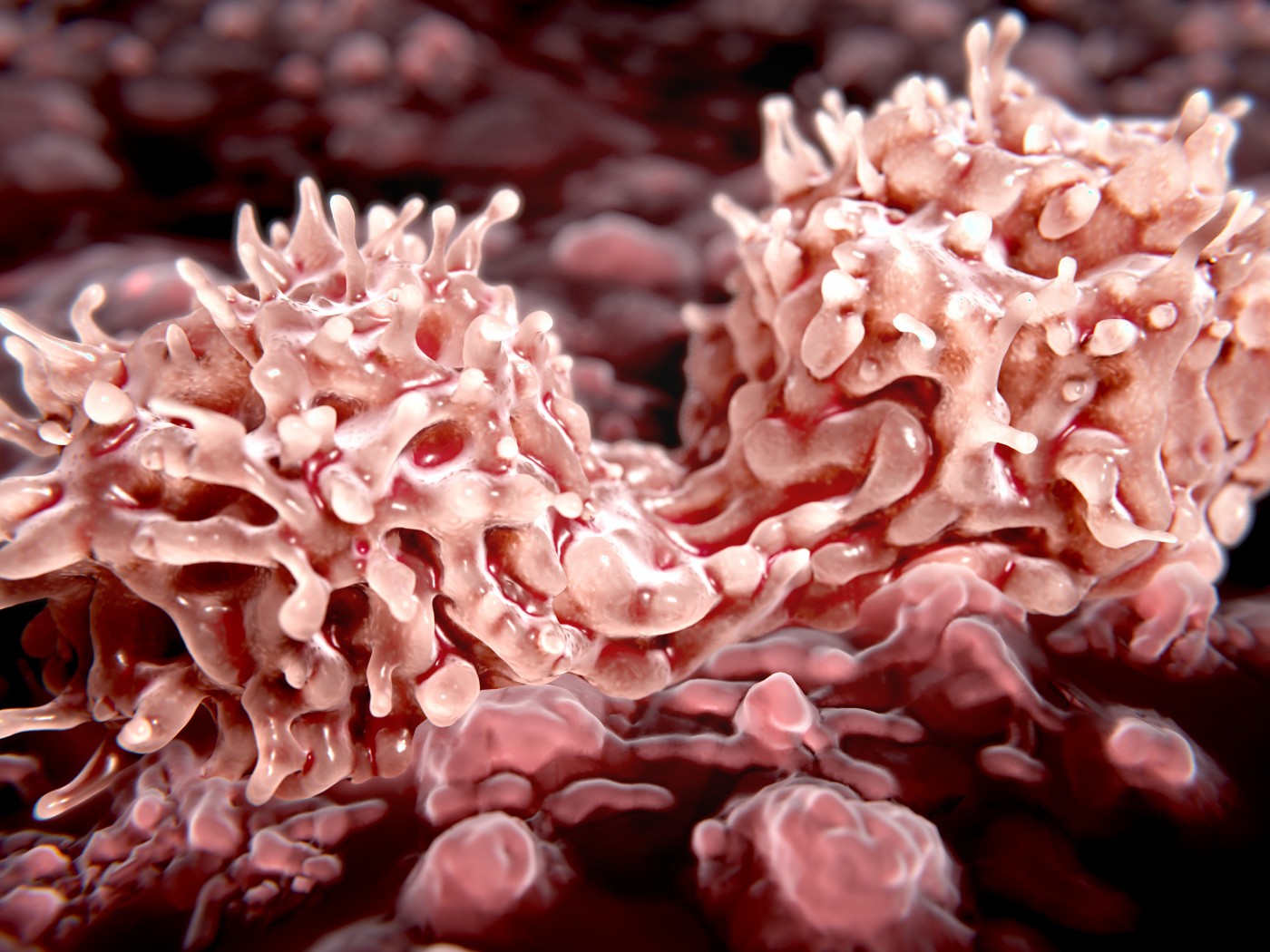Mitochondrial Function and Stem Cell Capacity Rejuvenated by Nicotinamide Riboside

Scientists discovered that the compound Nicotinamide riboside boosts the function of mitochondria in stem cells, allowing older cells to regain their regenerative capacities. The findings have long-reaching implications for regenerative medicine, as well as for diseases such as muscular dystrophy, where researchers desperately seek new solutions to improve the lives of patients.
Tissue regeneration, often triggered by tissue-specific stem cells, decrease as these cells’ regenerative capacity diminish with age. In an attempt to study these age-related changes, the research team at Ecole Polytechnique Fédérale de Lausanne (EPFL) in Switzerland identified mitochondrial molecular pathways that regulate the function of mitochondria. The team also observed how these pathways changed with age, and how it affected the function of stem cells.
“We were able to show, for the first time, that their ability to function properly was important for stem cells,” said the study’s senior author Johan Auwerx in a press release.
“We demonstrated that fatigue in stem cells was one of the main causes of poor regeneration or even degeneration in certain tissues or organs,” added lead author Hongbo Zhang.
Researchers have known for some time that nicotinamide riboside — a substance related to vitamin B — boosts metabolism and now, the research team went on to explore if the compound could boost the regenerative capacity of stem cells in a similar way.
The study, titled “NAD+ repletion improves mitochondrial and stem cell function and enhances life span in mice,” employed 2-year-old mice — which in the world of mice is an advanced age — and fed them with nicotinamide riboside. This rejuvenated muscle stem cells in aged mice, and improved the function of these cells in a mouse model of muscular dystrophy — a devastating disease of muscle breakdown often affecting children and young adults — the team reported in their publication in the journal Science.
“This substance, which is close to vitamin B3, is a precursor of NAD+, a molecule that plays a key role in mitochondrial activity. And our results are extremely promising: muscular regeneration is much better in mice that received nicotinamide riboside, and they lived longer than the mice that didn’t get it.”
Other studies performed in the lab have shown that also skin and brain stem cells react in a similar manner to nicotinamide riboside.
“This work could have very important implications in the field of regenerative medicine,” noted Dr. Auwerx. “We are not talking about introducing foreign substances into the body but rather restoring the body’s ability to repair itself with a product that can be taken with food.”
The researchers, however, caution against careless use of the substance. Even though studies have proven it non-toxic, scientists don’t know how this rejuvenating effect would impact cells that have the potential to form tumors.






